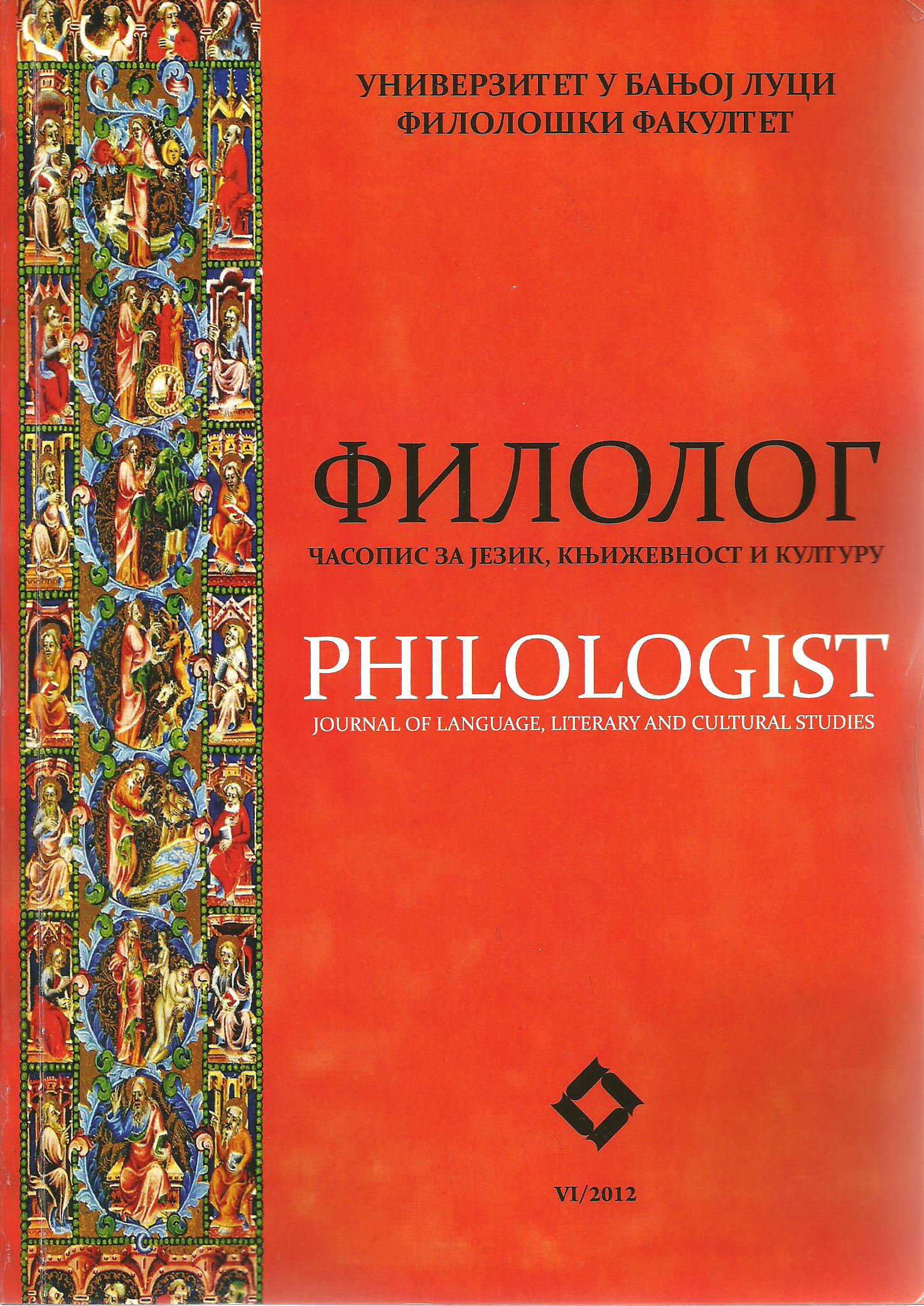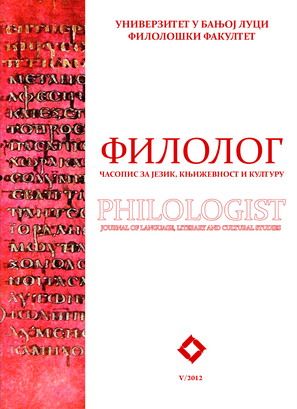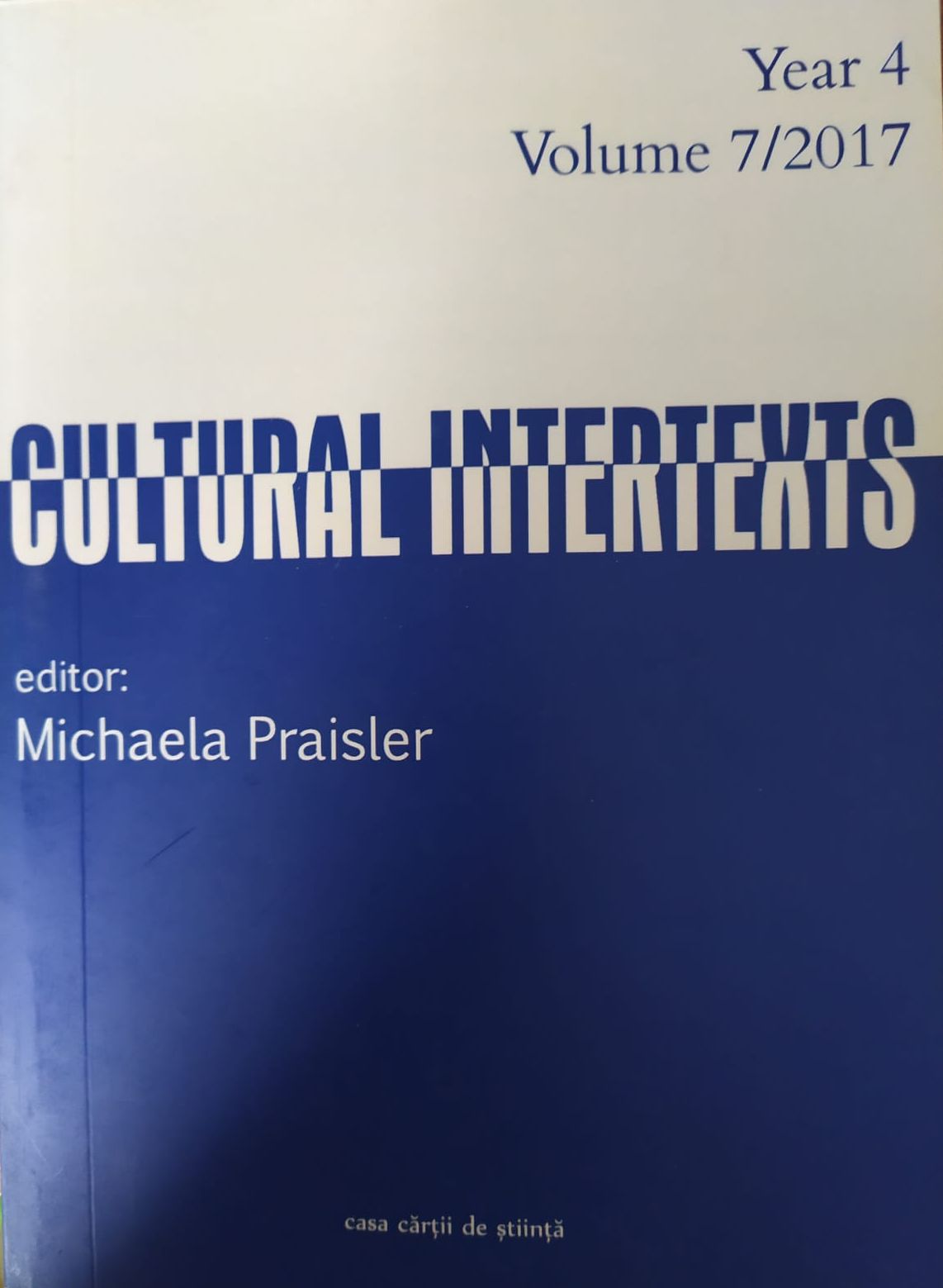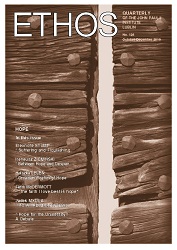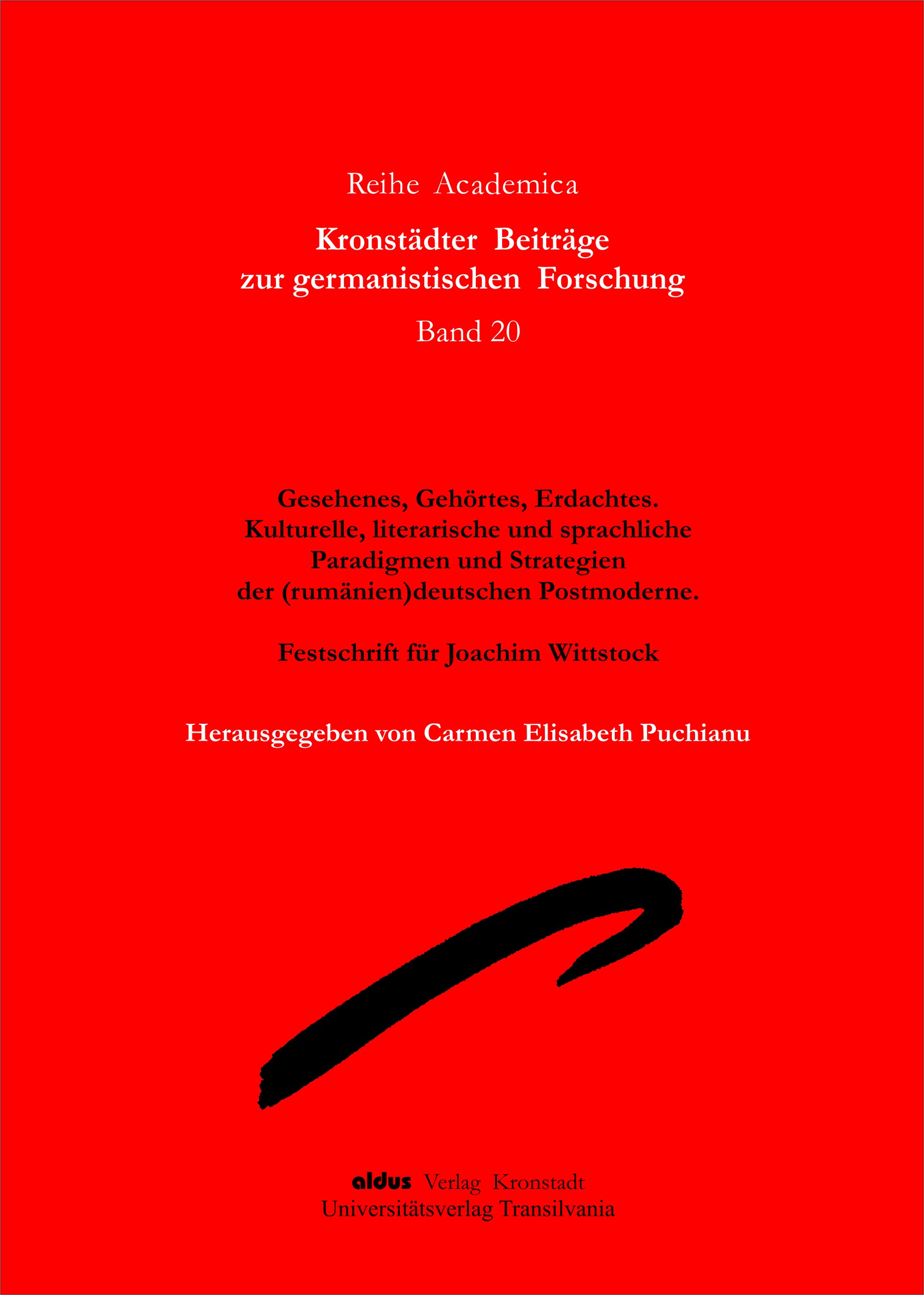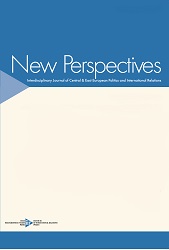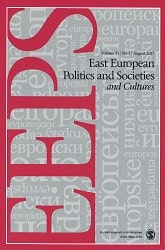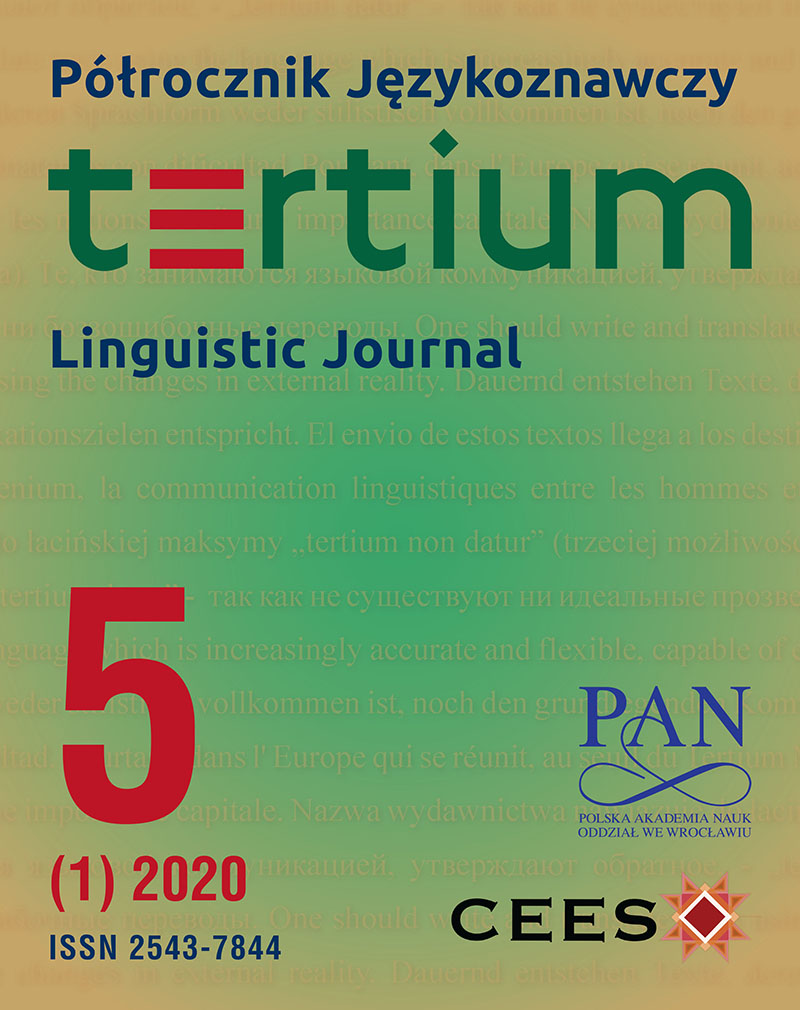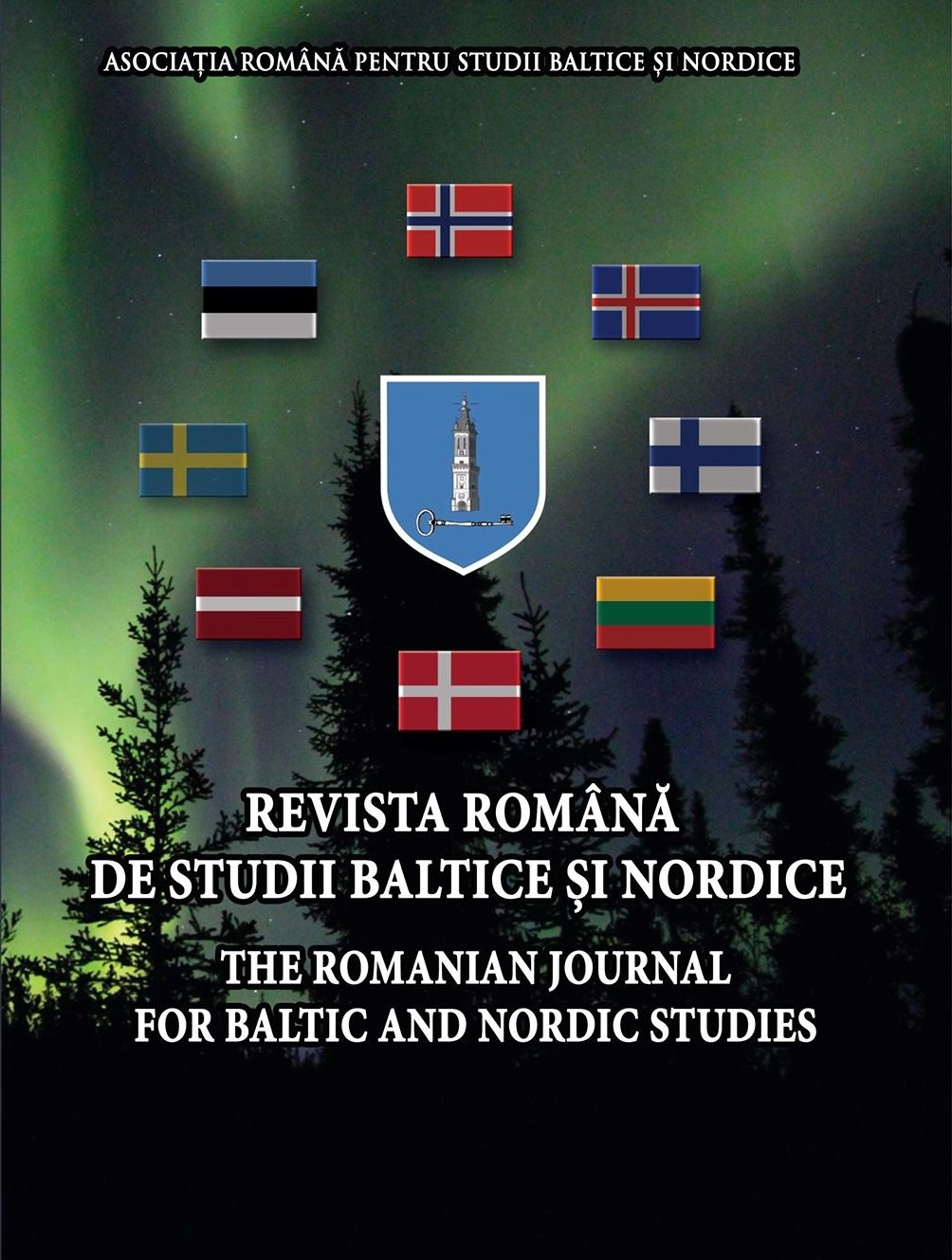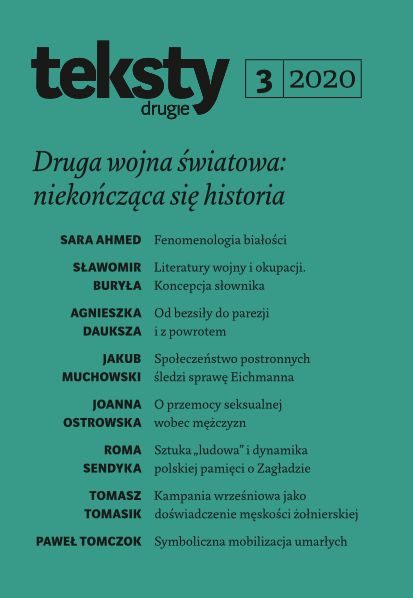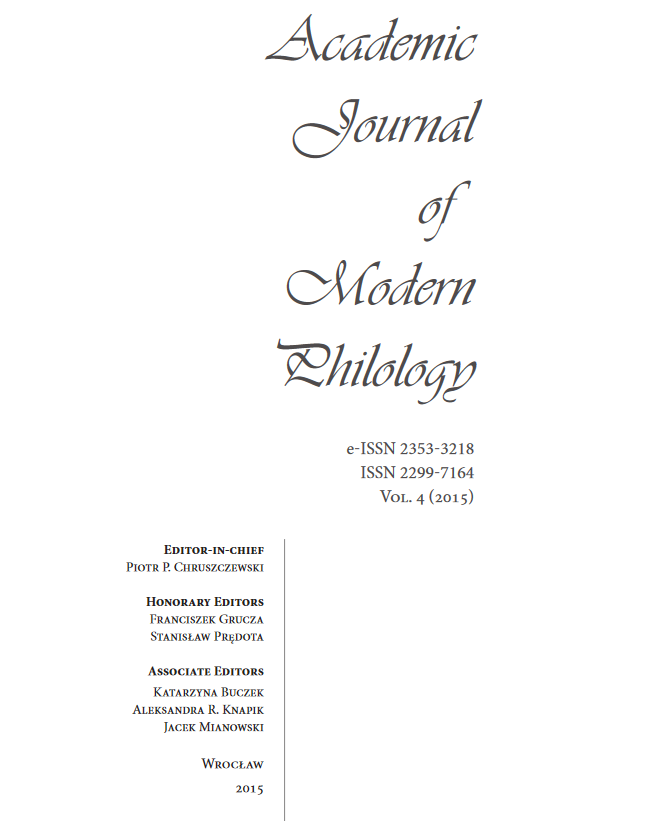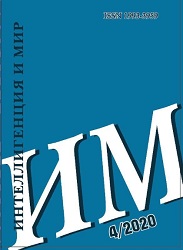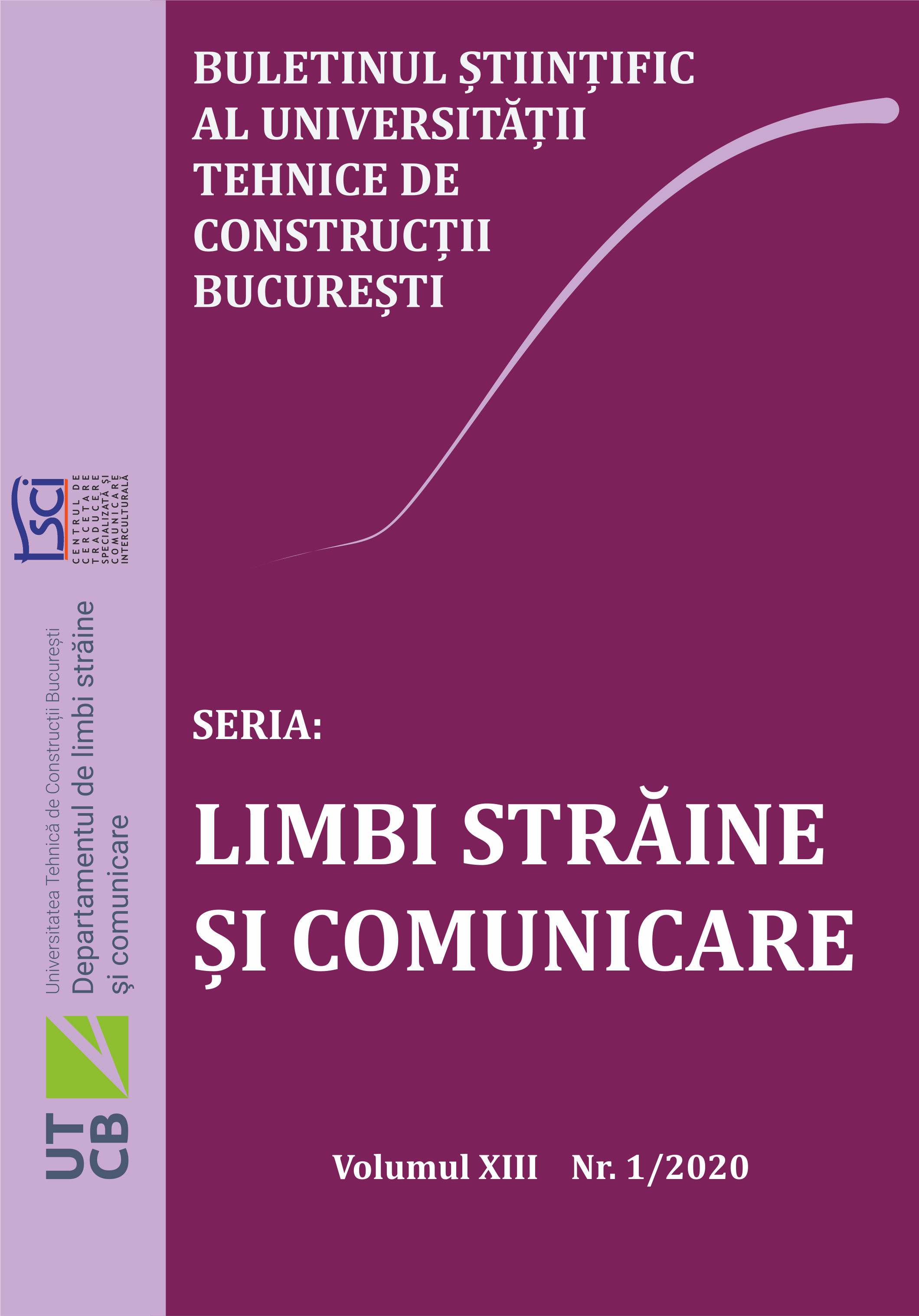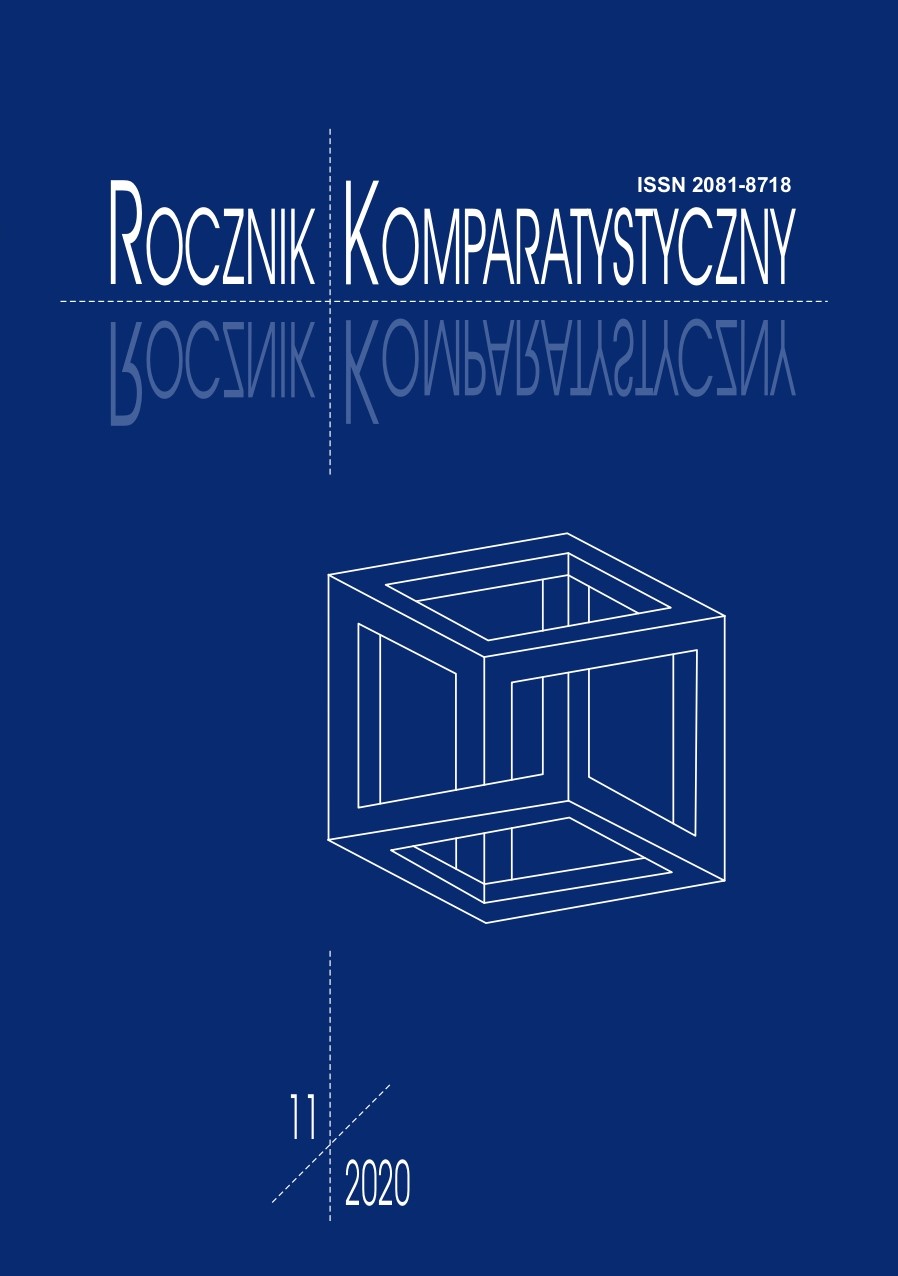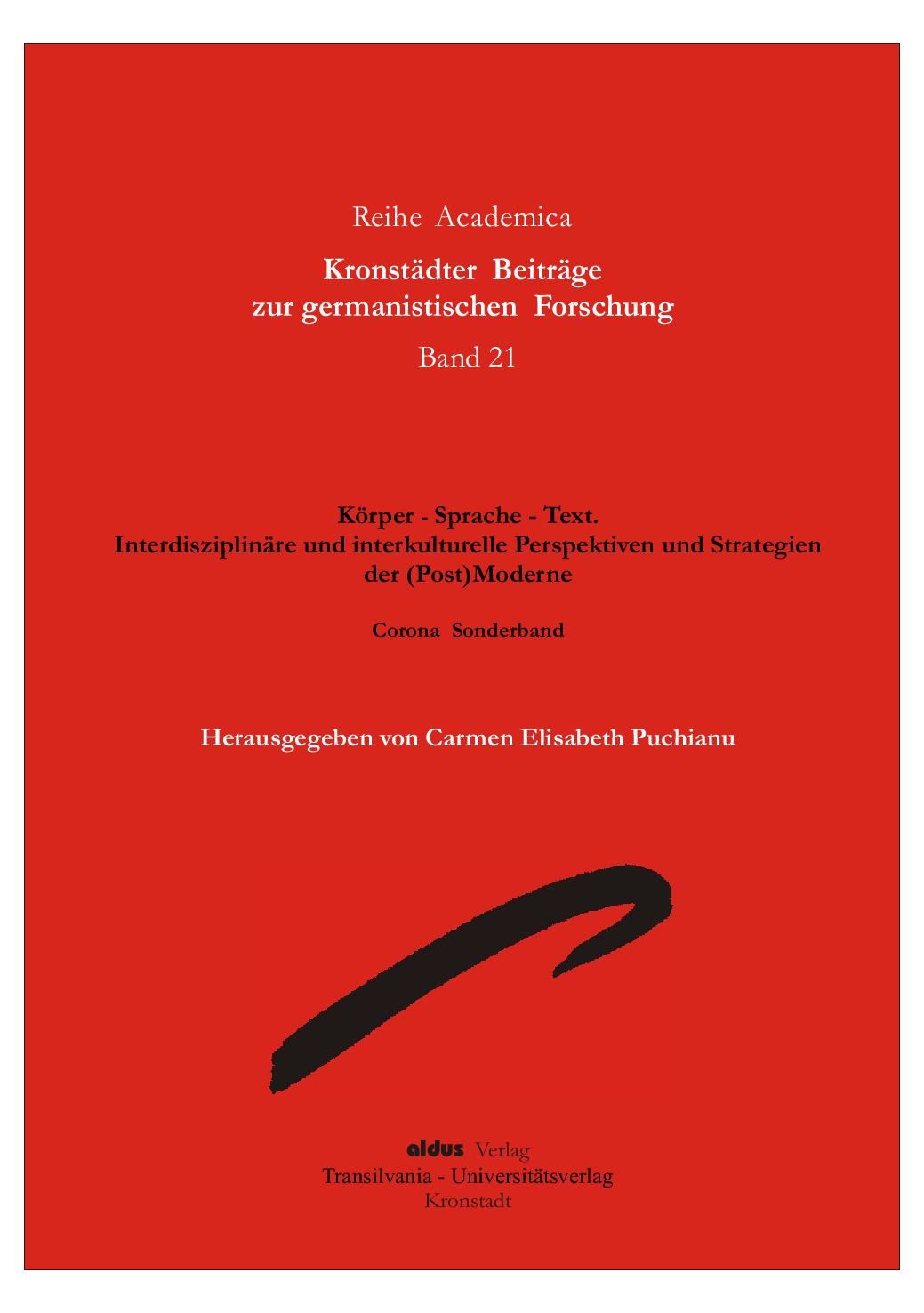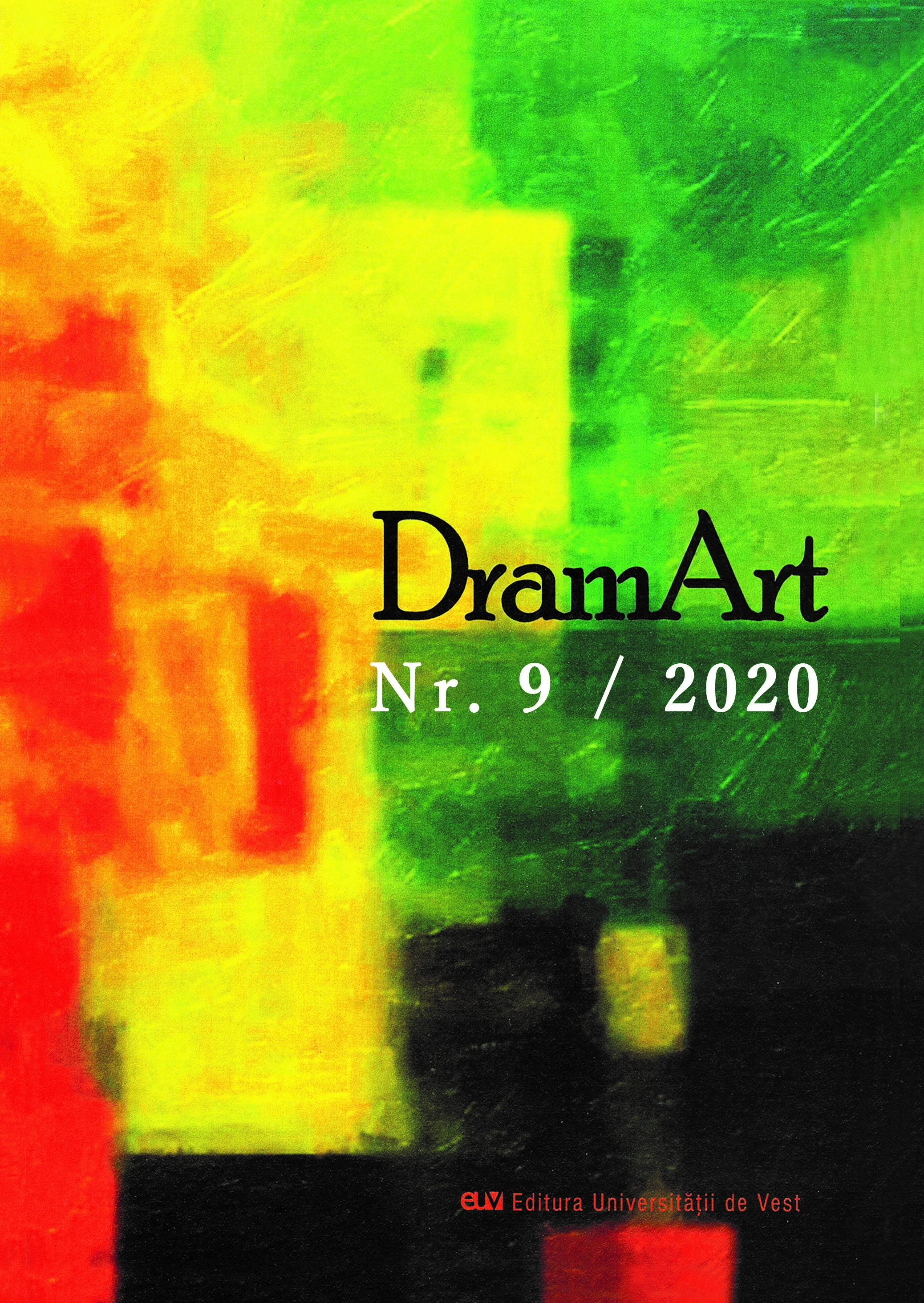Author(s): Grzegorz Cebrat / Language(s): English
Issue: 1/2020
The paper investigates the issue how Polish translators of William Shakespeare’s King Lear dealt with rendering Lear’s monologue (Act IV, Scene 6, ll. 107-132), being a misogynistic tirade of the mad king against adultery, sexuality, and women in general. The play was translated into Polish at least fifteen times in the 19th and 20th centuries, beginning with the oldest published rendition by Ignacy Hołowiński (1841) and concluding with the most recent one by Jerzy S. Sito (2001). The paper analyses seven selected fragments taking into consideration lexical and stylistic choices made by the translators of the monologue in order to show how changing attitudes to sexual taboo and Shakespearean obscenities affected the translations in question. The analysis reveals the evolution of translators’ attitudes to those issues (also affected by contemporary Shakespearean research): from euphemistic treatment of the topic in the 19th century, through philological translations of Tarnawski and Chwalewik, to unrestricted modern renditions of Słomczyński and Barańczak, and the extreme case of straightforward obscene translation of Jerzy S. Sito.
Artykuł jest próbą analizy technik i metod zastosowanych przez tłumaczy w trakcie przekładu wyrazów i wyrażeń obscenicznych występujących w tragedii Williama Shakespeare’a Król Lear na język polski. Analiza skupia się na tłumaczeniach monologu szalonego króla (Akt IV, scena 6, wersy 107-132), który jawi się jako mizoginistyczny atak na kobiety, seksualność, oraz cudzołóstwo. Materiał tekstowy stanowi 15 przekładów sztuki, począwszy od najstarszego tłumaczenia, dokonanego przez Ignacego Hołowińskiego i opublikowanego w 1841 roku, a skończywszy na wersji Jerzego S. Sity z roku 2001. Artykuł analizuje wybrane zdania i jednostki leksykalne, pochodzące z siedmiu fragmentów monologu, pod kątem technik i strategii tłumaczeniowych zastosowanych przez poszczególnych tłumaczy przy przekładaniu pojęć uważanych za nieprzyzwoite, a dotyczących kobiecego ciała, seksu, rozpusty, cudzołóstwa, itp. Przeprowadzona analiza wykazuje ewolucję sposobów przekładu, związanych z epoką w której polski tekst powstał i jej uwarunkowaniami kulturowo-społecznymi, a także z rozwojem badań nad twórczością i językiem Shakespeare’a, i pozwala śledzić zmiany, począwszy od eufemistycznego stylu tłumaczeń powstałych w XIX. wieku, poprzez filologiczne tłumaczenia Tarnawskiego i Chwalewika, a skończywszy na współczesnych, miejscami ‘niecenzuralnych,’ tekstach Słomczyńskigo, Barańczaka, a zwłaszcza Sity, który nie zawahał się użyć wulgaryzmów.
More...
